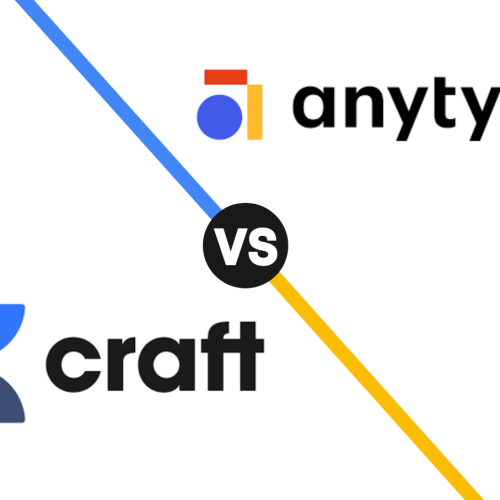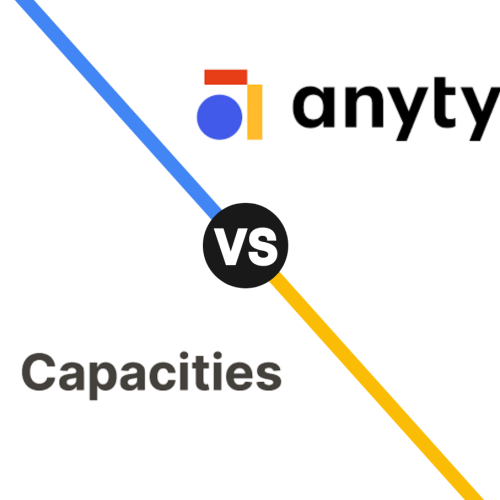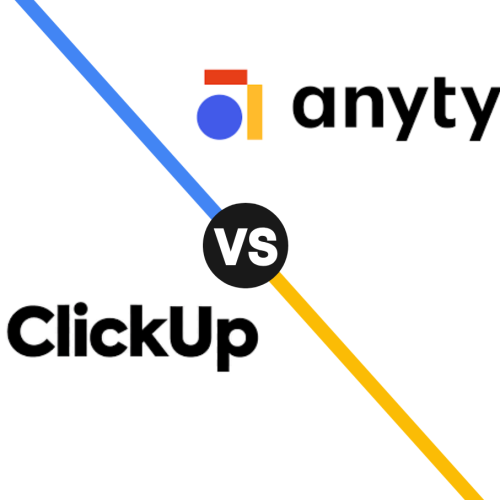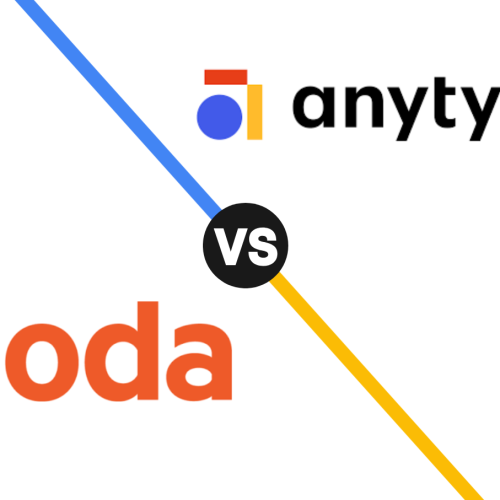Making smart business decisions requires accurate, up-to-date data. In the world of private market research, platforms that track companies, funding, and deals are essential. However, with powerful tools like Crunchbase vs PitchBook, knowing which one is the right fit can be a challenge.
This article provides a direct comparison of Crunchbase and PitchBook. We’ll explore their unique features, data models, and ideal user profiles to help you determine which platform is better for your market research needs in 2026.
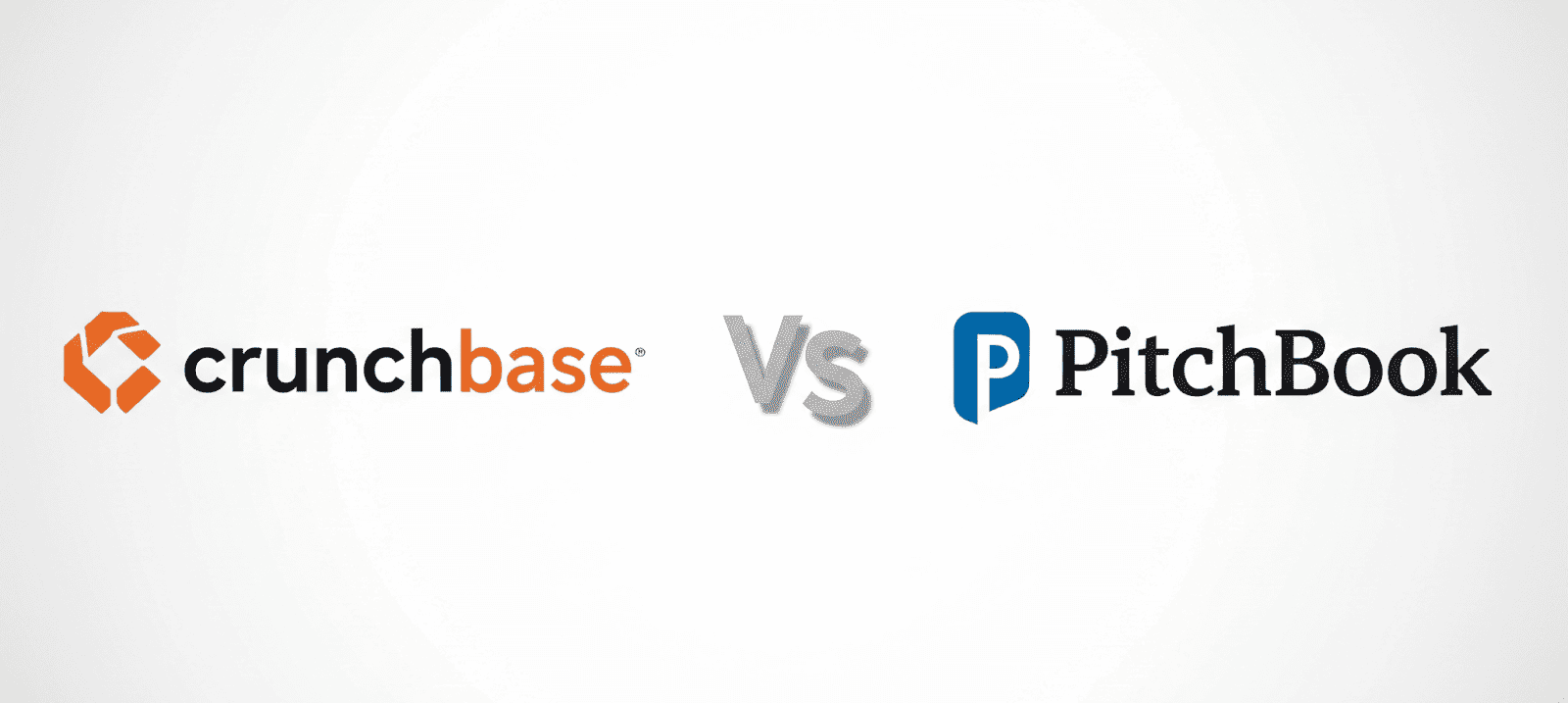
What is Crunchbase?
Crunchbase is a platform that offers a database of information on startups, private companies, and funding rounds. It is well-known for its wide-ranging coverage and user-friendly interface that makes it easy to find company data.
The platform’s main purpose is to serve a broad audience, from sales professionals to entrepreneurs. It offers a freemium model and affordable paid plans, making it accessible for individuals and small teams who need a quick, reliable way to find new business opportunities.
What is PitchBook?
PitchBook is a premium, data-driven platform that provides in-depth intelligence on private equity, venture capital, and mergers and acquisitions. It is a go-to tool for financial professionals who need comprehensive and highly verified data.
The platform’s main purpose is to help financial professionals with due diligence, deal sourcing, and market analysis. PitchBook’s data is backed by a large team of in-house analysts, which makes it a powerful and trusted resource for those who need a high level of accuracy.
Conclusion: Crunchbase vs PitchBook
For market research in 2026, the choice between Crunchbase and PitchBook depends on your needs. Crunchbase is the clear winner for users who need a cost-effective tool for general prospecting and high-level market research. PitchBook is the better choice for financial professionals who require in-depth, accurate data for complex financial analysis and deal-making.
FAQs
- Which platform has better data accuracy?
PitchBook is generally considered to have more accurate and reliable data. Its data is validated by a large team of in-house analysts, while Crunchbase relies more on a community-driven model, which can lead to some inconsistencies.
- Is Crunchbase a good alternative to PitchBook?
Crunchbase is a good alternative for general market research and lead generation, especially if you are on a budget. However, it lacks the deep financial data and in-depth analytics that PitchBook offers, so it is not a direct replacement for professionals.
- How do their pricing models compare?
PitchBook is significantly more expensive than Crunchbase. PitchBook’s pricing is customized and is usually for large firms with multi-seat licenses, whereas Crunchbase offers more accessible plans for individuals and smaller teams.
- Which platform is better for sales prospecting?
Crunchbase is often a better choice for sales prospecting. Its large database of companies, combined with its advanced filtering, makes it easy for sales teams to build targeted lists of leads and connect with decision-makers.
- Do they both offer a free version?
Crunchbase has a free-tier plan that provides limited access to company profiles and a small number of search results. PitchBook does not have a free version, but it may offer a trial period for potential clients.
- Can I find deal data with both tools?
Yes, both platforms provide deal data. However, PitchBook offers much more detailed information on deal terms, valuations, and the financial health of the companies involved, which is essential for due diligence.
- Which is easier to use for a beginner?
Crunchbase is generally considered easier to use for a beginner. Its clean and intuitive interface makes it simple to navigate. PitchBook has a steeper learning curve due to its advanced analytics and extensive features.
- Which is better for finding investors?
Both platforms are great for finding investors, but they serve different purposes. Crunchbase is excellent for finding and connecting with a wide range of investors, while PitchBook provides more in-depth data on fund performance and investment track records.
- Can I track my competitors with these platforms?
Yes, both platforms are excellent for competitor tracking. Crunchbase allows you to monitor competitor funding rounds and news, while PitchBook provides more detailed financial information and data on their investment strategies.
- Do they have a similar target audience?
No, their target audiences are different. Crunchbase targets a broader audience, including sales, marketing, and entrepreneurship. PitchBook is specifically designed for a niche audience of financial professionals, like those in venture capital and private equity.


